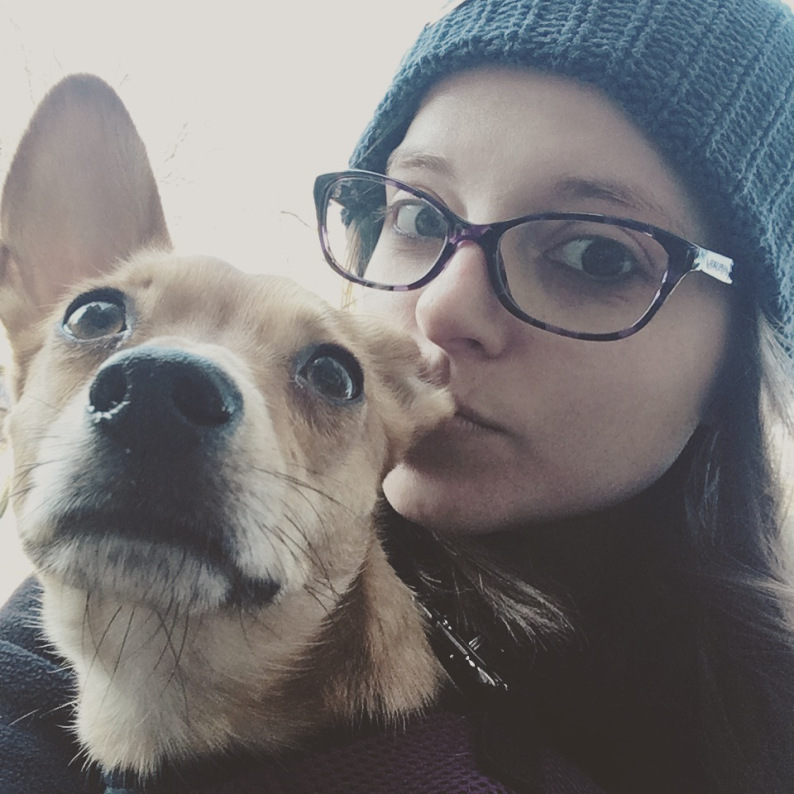COLLISION MONITOR — LYNDSIE MANUSOS
/I can’t un-see it, so I carry it with me. It was in the midst of walking past the shops on Rush, away from the doctor’s office, that I saw the pigeon on the sidewalk. At first it seemed like any other pigeon, with tiny marble eyes and a head on a swivel. Then I saw the bent beak, scattered feathers, its body half-flattened on the sidewalk. It must have fallen –– plummeted, really –– and now seemed fused to the street. There was only the smallest outline of blood. I had read about this, about bird collisions in the city. I had almost signed up to be a monitor. I had liked the idea of watching the skies. Of looking up. I tried to remember what to do, if there was anything I could do.
Birds will try to fly toward glass they cannot sense. Birds will even fly towards their own reflection.
The crowd on the sidewalk went around the pigeon, assuming it was already dead. But there it was, jerking its wings, neck twitching. I had seen roadkill before. Plenty of dead mice and squirrels and birds to be had in Chicago. This pigeon should’ve been no different. I should’ve known what to do.
It is estimated a billion birds die each year due to window collisions.
My father used to call bad memories or images “spare change.” He taught me to stuff the change in my pocket.
“Leave it there,” he used to say. “Don’t take it out.”
My pockets were full.
Instead of following my father’s advice or remembering what I had read on bird collisions, all I could do was stare. Here was an embodiment of a half-life. I had a lightning hope, sudden and hot, that the pigeon might inflate into a balloon and fly. Up, up, and away. I imagined it floating beyond the glass windows of Chicago’s skyscrapers.
People brushed past me on the street, knocking against me like rocks in a river current. Or, more likely, I was a dying fish flattened against that rock.
It’s important to contain a bird before something else harms it.
The pigeon’s movements turned stiff, twitching and flapping with less animation. I knelt, waiting for air to pump into its purple chest. It smelled of asphalt and rot. I reached out, but at that moment its wings lowered, and its head fell to an acute angle. It imploded on itself, stretching to a pool of feathers on the concrete. It left me.
If you cannot contain the bird, attempt to move it to a protected area, such as under a bush, or away from the street or sidewalk.
I had stopped, knelt, and watched. Now I was beholden to continue. Now I had to stand and go with the current again. Eventually. Eventually I knew I must. I would place my hands in pockets and go forth, away from the shops and doctor’s office, letting blood congeal around the pigeon’s breast.
Lyndsie Manusos’s work has appeared in Gone Lawn, Apex Magazine, The Masters Review blog, and other publications. Her story 'Everything There Is to Love on Earth' was listed as a finalist for SmokeLong Quarterly's 2018 Flash Fiction Contest. She lives in Indianapolis.










